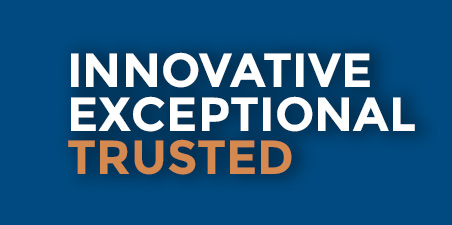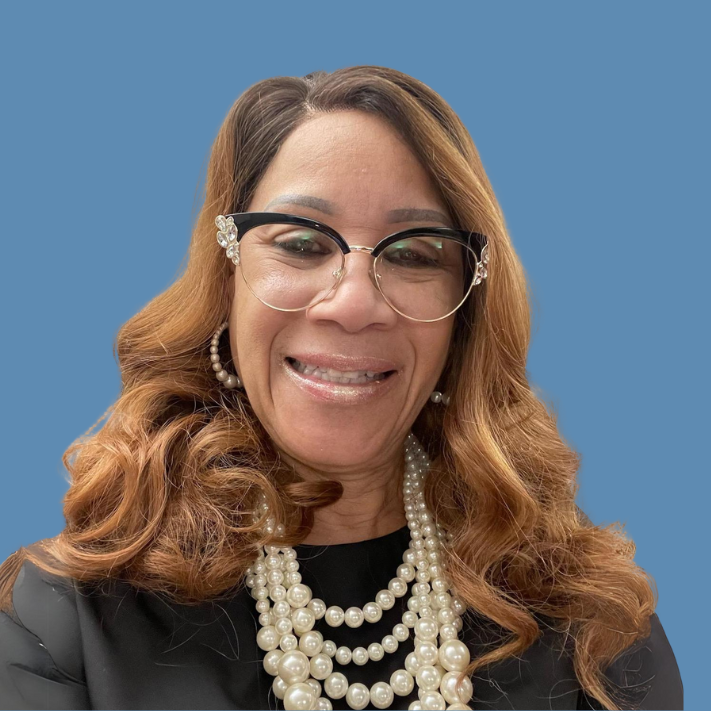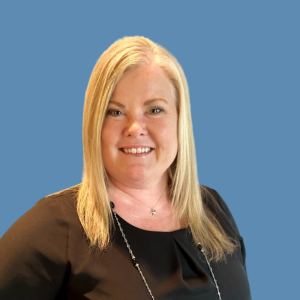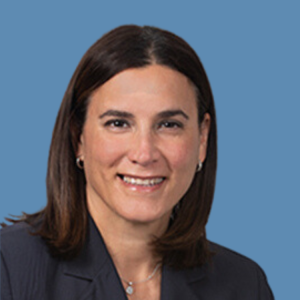On October 1, 2012, the White House Office of the Press Secretary released an announcement that President Obama had issued a Proclamation recognizing October as National Disability Employment Awareness Month, and calling on “Federal agencies to increase recruitment, hiring, and retention of people with disabilities.” This was not a new call-to-action for KRA’s Federally-supported Workforce Development Operations across the country. On a daily basis, KRA project staff provide assistance and support to jobseeker-customers facing varying degrees of physical and/or emotional and mental challenges. An example of one customer’s experience is provided below.
“SC” had been enrolled in KRA’s Virginia Initiative for Employment not Welfare (VIEW) Program since August 2011, and under ordinary circumstances might have “graduated” sooner after a required Public Service Program (PSP) assignment…to obtain additional work experience…and placement in a full-time job. However, she struggled with program compliance throughout her enrollment due to challenging mental issues. SC, who is 29, had been diagnosed with ADHD, Major Depressive/Anxiety Disorder, as well as Anger Management issues. At the same time, she was coping to raise a 1-year-old son, alone. Successfully, SC was placed in a PSP position, in conjunction with an Individual Job Search (IJS) assignment, but struggled to comply with both.
SC’s erratic attendance at KRA/VIEW activities made it clear she was not able to comply with program requirements, so Marcus Anthony, her KRA Career Agent, had no choice but to initiate a sanction against her with the Norfolk Department of Human Services, KRA’s client. According to Anthony, “I was very concerned for SC, but not being a trained mental-health professional, my job now was to become her ‘champion’. I encouraged and supported her to motivate and convince her to believe in herself and her ability to cope with her challenges. We both wanted her to come back to KRA/VIEW as soon as she felt able.”
Anthony continued, “SC was able to return in a ‘cure case’ capacity, meaning a customer, who failed to comply and was sanctioned, can be re-instated if he/she performs a ‘verifiable act of compliance’ to lift the sanction either during or after the fixed-sanction period. For SC, an act of compliance would be either continuing in, or completing, at least one assigned activity within the established timeframe. When she did return, she had a new focus about her. Receiving regular counseling and support had lifted her to a better mental state. So much so, that we were able to continue with our plans for her return to the workforce.”
In June 2012, not long after being assigned to a PSP position with a local agency as a Program Assistant, SC reported to Anthony that as a result of her IJS training/assignment, she had obtained full-time employment with a local hotel as a Housekeeper. Anthony reported, “During our 4-month follow-up in October, SC told me that she was still employed fulltime at the hotel, and that she ‘is happy with her job’.” SC herself stated, “With the support from my [mental health] counselor and mandated anger management classes, I am in a better place. Having a job helps me to feel better about myself because I can provide for my son. Hopefully, my story can inspire someone who may feel left out, incapable, or defeated due to a diagnosis of a disability, who is also seeking employment. I don’t know the author, but my favorite quote is, ‘When the World says give up, Hope whispers try it one more time’.”
Alisha Bazemore, KRA Program Manager, concluded, “We are all very pleased with SC’s progress. As Mr. Anthony has stated, he engaged her in regular discussions about her conditions, and how she might thrive if she availed herself of the treatment that was recommended for her. Also, by staying in compliance with program requirements, we were able to provide SC with rental assistance that allowed her to move into her own apartment. This gave her additional confidence to succeed in treatment, and in finding employment, because she felt that through KRA/VIEW she had a support system.”


 Dr. Boone’s 20+ years’ experience in the industry is extensive and her expertise in private-, public-, and non-profit sector workforce-services organizations is unparalleled, particularly in the Baltimore–Washington Metropolitan area.
Dr. Boone’s 20+ years’ experience in the industry is extensive and her expertise in private-, public-, and non-profit sector workforce-services organizations is unparalleled, particularly in the Baltimore–Washington Metropolitan area.






















